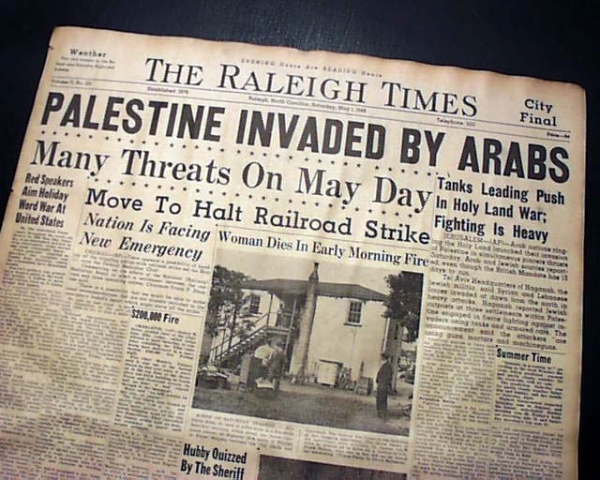On this day, September 29th, 1947, a pivotal moment in the history of Israel and the Palestinian conflict unfolded. The Arab Higher Committee for Palestine made a historic decision when it formally rejected the UN Special Committee on Palestine's partition plan. This plan proposed the division of the land into separate Jewish and Arab states, with an international zone around Jerusalem under the control of UN forces.
At the time, the United Kingdom held a mandate from the League of Nations to administer Palestine. In response to the complex situation, the United Nations established UNSCOP (United Nations Special Committee on Palestine) early in 1947. UNSCOP's primary task was to provide impartial recommendations for the future of the region. On September 3rd, 1947, the committee released its proposal, which called for an almost even division of the land and its limited natural resources.
Netanyahu and Biden concluded: the condition for the agreement with Saudi Arabia - preserving the possibility of a two-state solution. Biden did not give the Prime Minister a list of demands for concessions for the Palestinians as part of an agreement with Saudi Arabia but… pic.twitter.com/aStTJq3SEG
— Eli Dror (@edrormba) September 28, 2023
The response to this proposal was divergent. The Jewish Agency accepted the plan, albeit with some internal debate and reservations. However, the Arab Higher Committee, led by figures like Jamal Husseini, vehemently opposed the partition. Husseini argued that Palestine's Arabs would use any means necessary to thwart the land's division or any preferential treatment given to the Jewish population. He contended that the Jewish connection to the land had ceased 2,000 years ago and that the Jewish migration was tantamount to an invasion. Furthermore, he cited the Balfour Declaration, claiming that it contradicted the League of Nations Covenant, despite the League incorporating the Balfour language in creating the mandate for Palestine.
The international community, with support from the United States and the Soviet Union, endorsed the partition plan on November 29, 1947. Subsequently, Israel declared its independence on May 14, 1948. This rejection by the Arab leadership was not an isolated incident. It marked a recurring theme in the history of the Israeli-Palestinian conflict, with numerous partition plans meeting similar fates.
Two mothers hold weapons during a commemoration ceremony that was held today in the Balata camp for members of armed groups killed clashing against Israeli security forces in the West Bank. pic.twitter.com/YEzOZge05k
— Joe Truzman (@JoeTruzman) September 28, 2023
One of the most significant instances of rejection occurred in the year 2000 when the UN proposed a peace plan based on the "Two-State Solution." The Palestinian Authority's government almost unanimously rejected this plan. In contrast, the Israeli government was willing to use the UN's proposal as a foundation for peace negotiations, eventually leading to the creation of a sovereign Palestinian state. However, today, prospects for such a deal seem dim. Many Palestinian organizations, such as Hamas and the Palestinian Islamic Jihad, outright reject the idea of a "Two-State Solution" and advocate for the complete dismantling of the State of Israel.


